An average of 16 people a year have lost their lives in road traffic accidents in the last 18 years, translating to roughly one fatality ever three weeks, according to police statistics.
With the rise in traffic-related accidents gaining prominence in the media and public conscience, The Malta Independent on Sunday contacted the Malta Police Force for an in-depth analysis of the current state of the country’s road safety and to gain a better perspective of the Maltese driving culture.
The year 2016 was the peak, with the largest number of fatalities – 23 – over the period, followed by 2017, when 19 deaths were recorded. The last time it reached such levels was in 2001. However, over the last two years there has been roughly one fatality every two weeks.
Of the 292 fatalities that have taken place over the 18-year period, traffic fatalities are overwhelmingly skewed towards males, with men accounting for 222 of all deaths, or 75 per cent of such incidents. On the other hand, 70 of all fatalities were women.
The disparity seems particularly apparent in the 18-29 and 30-29 age brackets, with the former showing 74 male and 15 female fatalities, and the latter showing 60 male and 11 female fatalities.
According to police figures, people over the age of 50 account for the largest number of fatalities at 105. However, there have been 89 deaths in the 18-29 age group, a much smaller demographic.
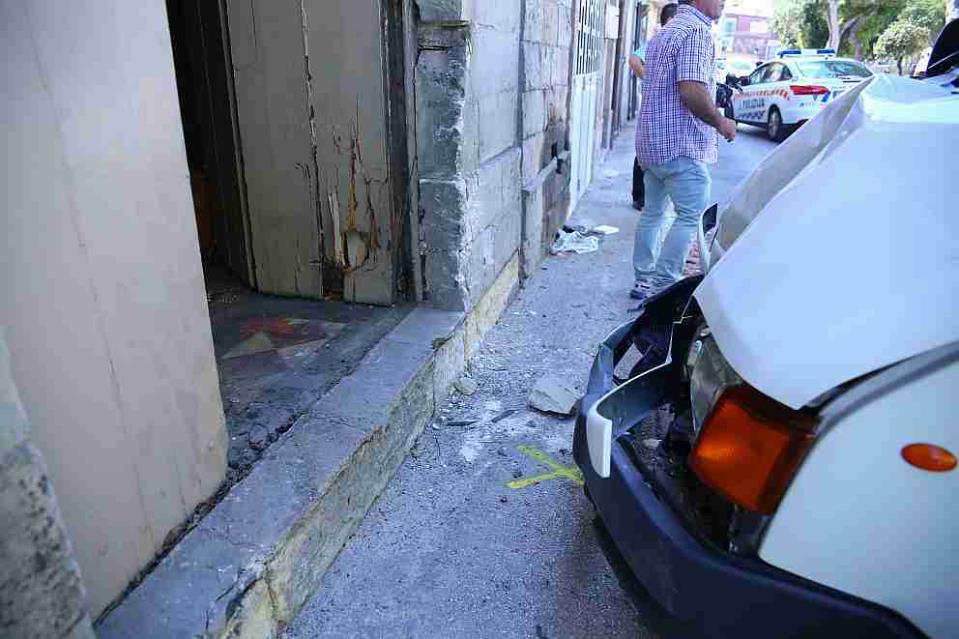
Traffic accidents and injuries
With regard to traffic accidents, NSO figures show that there has been an average of 14,846 accidents a year since 2013, with the years 2015, 2016, and 2017 recording at least 42 accidents a day.
Since 2013, 8,804 people have suffered injuries as a result of traffic accidents – a rate of almost five injuries a day.
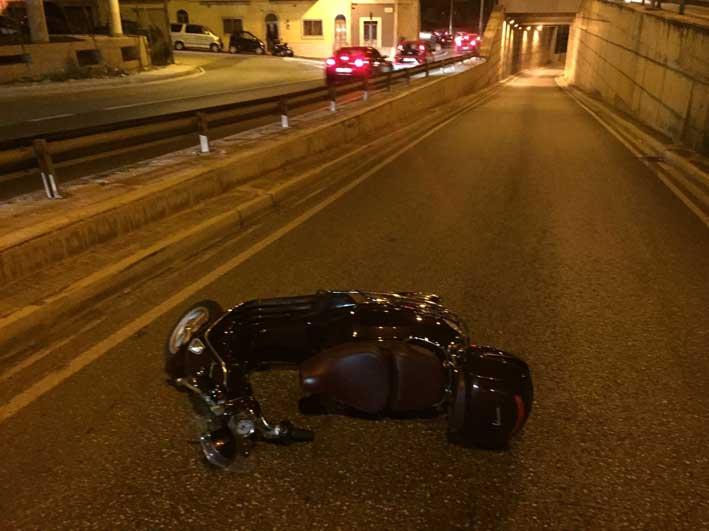
Drink-driving
Drink-driving and the lackadaisical attitude Maltese people have towards it remains a serious cause for concern. Figures provided to this newsroom show that, over the past five years, there have been 946 cases of drink-driving charges that have been arraigned in court, translating to roughly 189 a year. A total of 548 people have been found guilty, 231 not guilty and 69 cases remain sub-judice.
The police were unable to provide the specific number of those who died in or as a result of car accidents that involved drink-driving or driving under the influence, given that it is not available, as such information would involve a Magisterial Inquiry.
In 2017, 182 cases were heard in court, with 104 people being found guilty. This figure, however, may not be an accurate picture of the reality, taking into account the fact that only 11 of the 1,832 drivers that were stopped during road checks on New Year’s Eve were subject to an analytical breathalyser test, despite a number of them showing other behavioural indicators.
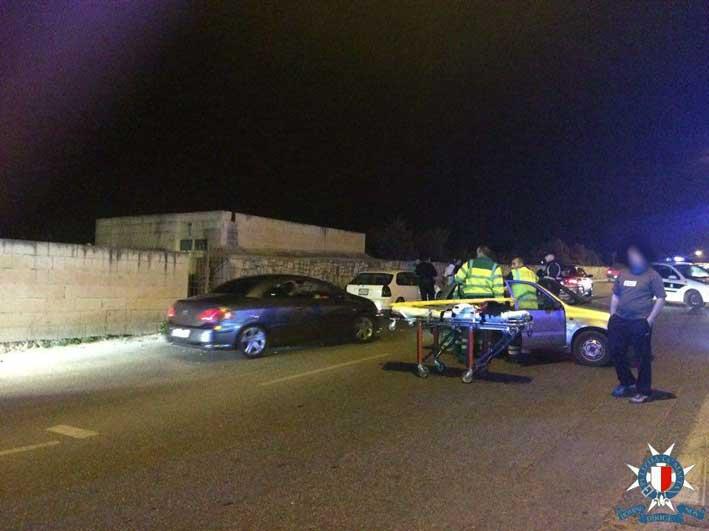
Doctors for Road Safety
Doctors see first hand the devastating effects that traffic accidents have on individuals and, with the number of accidents rising, a new NGO entitled Doctors for Road Safety has been formed. Speaking to this newsroom, the NGO’s President, Ray Gatt, was asked to give his perspective on the issue. “No-one can beat statistics,” he said, “the figures for fatalities speak for themselves.”
Describing traffic-related incidents as one of the major burdens of modern times, Gatt said: “2016 was a record year, with 23 fatalities, and they have disastrous knock-on effects on families and society. Couple these with the hundreds of serious injuries – with associated permanent physical disabilities – and thousands of minor injuries. Each group results in the loss of millions of man-hours of work and dependence on social benefits.”
Asked specifically what could be behind the rise, Gatt said that the number of vehicles on the road was an important factor, given that roughly 50,000 cars have been added to Malta’s roads in the past four years.
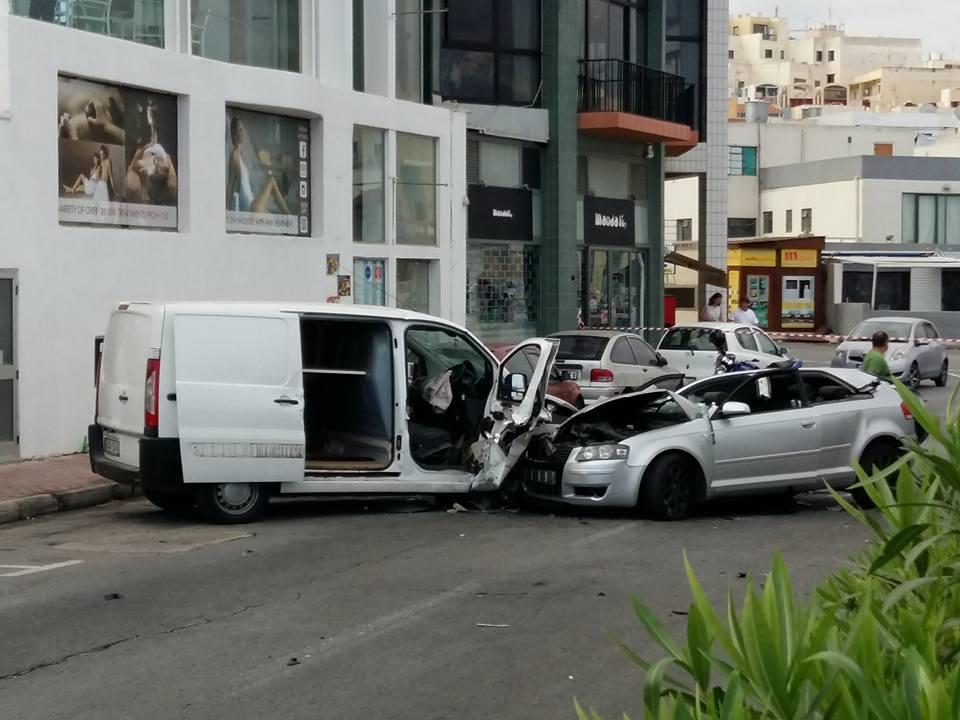
Is there a cultural problem when it comes to road safety?
Road safety, Gatt explained, is the joint responsibility of many stakeholders, amongst them obviously the road-user or driver.
“This entails a combination of knowledge of road traffic regulations, self-discipline to observe those regulations but – foremost – respect for others who share the road,” he said.
He noted that, culturally, we are strong learners, but we are quick to forget the rules we have learnt. “There is a lack of what we call the ‘common understanding’ of acceptable behaviour on our roads. An easy example is that all road-users know how to use indicators and certainly used them when they took their driving licence exam. However, the common understanding is that it is not important to indicate when one is driving.
“This does not happen just in using the roads but can also be found in other areas of our local experience, like queuing.”
“When our roadside statistics indicate – without the shadow of a doubt – that the numbers are on the rise, and have been so for the past 10years, this attitude stops being a ‘minor’ cultural problem and verges on the criminal”, says Gatt. “This is where enforcement becomes a tool that is important for the well-being of society.”
“I find it difficult to understand why people became used to wearing seat-belts in a relatively short space of time, and their use these days is almost universal, whereas the synchronous use of mobiles while at the wheel remains rampant. I would suggest that even the use of Bluetooth is distracting to a driver, let alone driving with one hand.”
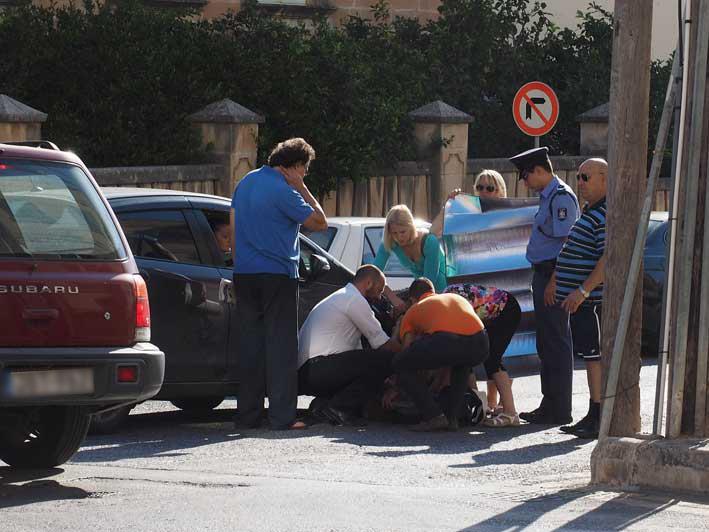
Enforcement and government initiative
Gatt explained that the five pillars of road safety are safer roads, safer speeds, safer vehicles, safer road users and enforcement and education.
In the ministerial introduction to the Road Safety Strategy of Malta issued in 2014-2024, he said, Minister Joe Mizzi set out the basic aims of this strategy which should, by the middle of the next decade, result in a 50 per cent reduction in fatalities, a reduction of 30 per cent in the number of serious injuries and a 20 per cent reduction in minor injuries.
“Unfortunately, the first three years of this 10-year period has shown no reduction in the numbers; on the contrary, the trend is rising. There is a need to sit down and study the trends and figures and initiate corrective measures accordingly, otherwise we will never reach these noble aims.”
Gatt pointed out that the Road Safety Council, together with Transport Malta, are showing increased interest in this sector and that legislation was being revised to bring it into line with EU law with regard to body alcohol safety limits while driving. “However,” he added, “legislation means nothing if it is not enforced.”
Asked to give the NGOs perspective on the current state of enforcement, Gatt said it has improved but still not enough. “When you look at the number of head-on collisions we keep getting, this points directly to drivers ignoring road traffic regulations because they know that the risk of being caught is low”, he said. “When we watch video clips of drivers towing cars on three wheels and a supermarket trolley replacing the 4th wheel on our main roads with total nonchalance, it says a lot about the likelihood of getting caught.”